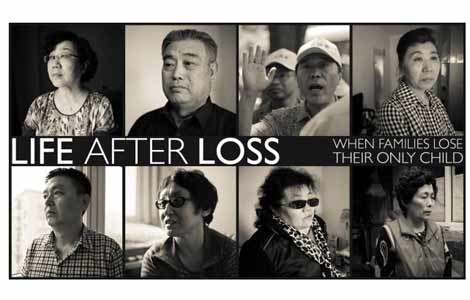Holiday gift market cools amid anti-corruption
Updated: 2013-10-04 11:19
(Xinhua)
|
|||||||||||
OLD CONCEPTS PERSISTS
Nevertheless, the old belief in gift-giving persists and people have resorted to handing out gifts more covertly.
Sales of shopping vouchers have been spectacular. A mall in downtown Nanjing, capital of east China's Jiangsu Province, has received 137 customers buying vouchers worth 500 or 1,000 yuan each and asking for office supply invoices.
A female customer bought more than 20 cards worth 1,000 yuan each and took the invoice back to her company for reimbursement.
Business has likewise been dynamic for second-hand shops that buy unwanted gifts from people at relatively low prices and sell them for a profit.
"We have opened an online shop and offer door-to-door service so that our customers won't be afraid to be spotted," said a member of staff at a second-hand gift shop on Hunan Road, an important business district in Nanjing.
A LONG-TERM TASK
Social scientists said the cooling of the gift market has proved the success of the government's anti-corruption initiatives, but stressed that fighting corruption is still a long-term task.
Only by perfecting a long-term mechanism in guarding against and punishing corrupt behavior can we have a clean government, said Wang Shiyi, director of the research center on clean politics education with the Party School of the Communist Party of China's Jiangsu Provincial Committee.
Wang added that the government has to carry out administrative reforms, function more transparently, and accept the general public's supervision so that corrupt officials will have nowhere to hide.
For gift companies, it will take time for them to reposition themselves to meet market needs.
"We have opened more than 80 stores to broaden sales channels and to be close to the ordinary people, but we don't expect overnight success," said Zhu Yuhua, chairman assistant of Shanghai Hanfu Industrial Development Co., Ltd..
Zhu said the company made such changes because they felt the central government is determined to fight corruption.
Related Stories
Nanjing officials warned over holiday gifts 2013-09-17 08:17
Sales of traditional gift in waning phase 2013-08-29 10:19
Today's Top News
'Restrict tourist flow to ensure order'
Chinese tycoon aims to restore Crystal Palace
Hundreds feared dead in boat wrack
Call for new 'maritime silk road'
Driver shot dead in car chase
Gunshots fired near US Capitol
Russia evacuates diplomats in Libya
Shutdown in 3rd day with Obama, Hill at impasse
Hot Topics
Lunar probe , China growth forecasts, Emission rules get tougher, China seen through 'colored lens', International board,
Editor's Picks

|

|

|

|

|

|





